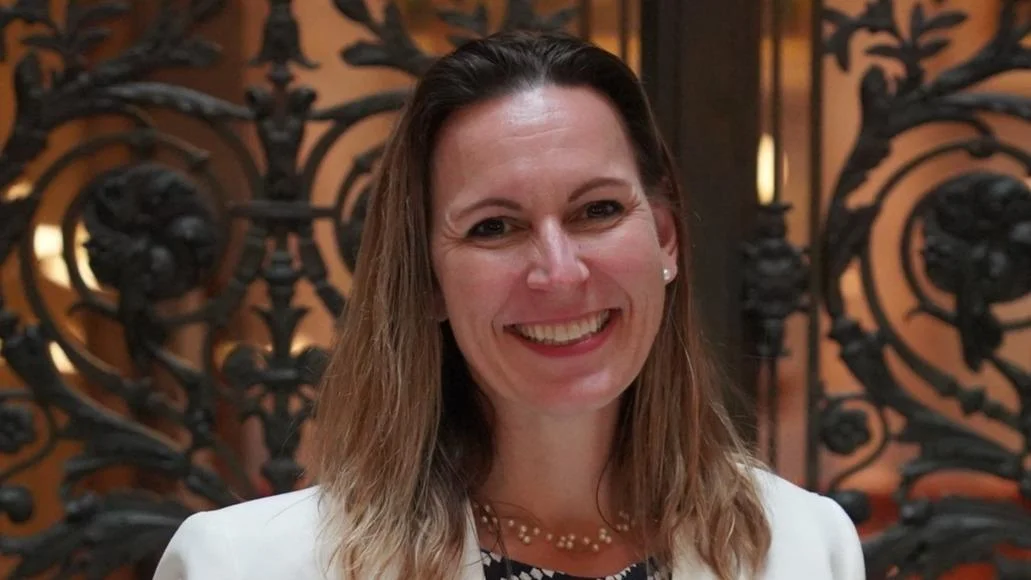Melissa Ratcliff, Wisconsin State Senator for 16th District | Facebook
Melissa Ratcliff, Wisconsin State Senator for 16th District | Facebook
According to the Wisconsin State Legislature's official website, the bill was described as follows: "eliminating the publication requirement for a name change petition seeking to conform an individual’s name with the individual’s gender identity".
The following is our breakdown, based on the actual bill text, and may include interpretation to clarify its provisions.
In essence, this bill amends current Wisconsin law by creating an additional exception to the requirement for publishing name change petitions. It allows individuals seeking to change their name to align with their gender identity to bypass the standard requirement of publishing their request in a local newspaper for three consecutive weeks. To qualify for this exception, the individual must demonstrate that they are not seeking the name change to escape debt obligations or hide a criminal record. However, unlike other exceptions, they are not required to prove that publishing the petition could pose a danger to them. The bill will become effective on the first day of the sixth month following its publication.
The bill was co-authored by Representative Ryan M. Clancy (Democrat-19th District), Senator Tim Carpenter (Democrat-3rd District), Senator Kristin Dassler-Alfheim (Democrat-18th District), Senator Dora E. Drake (Democrat-4th District), Senator Dianne H. Hesselbein (Democrat-27th District). It was co-sponsored by Representative Clinton M. Anderson (Democrat-45th District), Representative Margaret Arney (Democrat-18th District), and Representative Mike Bare (Democrat-80th District), along 29 other co-sponsors.
Melissa Ratcliff has co-authored or authored another 45 bills since the beginning of the 2025 session, with none of them being enacted.
Ratcliff graduated from Madison College in 2000.
Ratcliff, a Democrat, was elected to the Wisconsin State Senate in 2025 to represent the state's 16th Senate district, replacing previous state senator Melissa Agard.
In Wisconsin, the legislative process starts when a senator, constituent, group, or agency proposes an idea for a bill. After drafting, the bill is introduced, numbered, and referred to a committee for review and public input. If approved, it moves through three readings and votes in both the Senate and Assembly. Once both chambers pass the same version, the bill goes to the governor, who can sign it, veto it, or let it become law without a signature. Only a small share of bills introduced each session ultimately become law. You can learn more about the Wisconsin legislative process here.
| Bill Number | Date Introduced | Short Description |
|---|---|---|
| SB217 | 04/16/2025 | Eliminating the publication requirement for a name change petition seeking to conform an individual’s name with the individual’s gender identity |
| SB169 | 04/03/2025 | Privacy protections for judicial officers |






 Alerts Sign-up
Alerts Sign-up